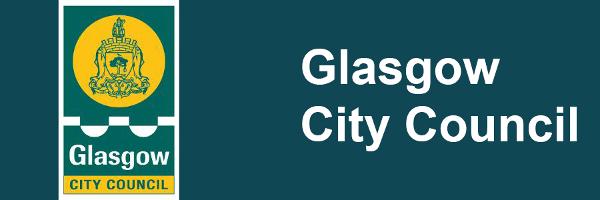Commercial Waste Project
Phone 0141 287 1059 (Option 3)
Glasgow's appearance can be spoiled by bulky and brightly coloured commercial waste containers on streets, pavements, and lanes. They can also cause obstructions in the public realm, contribute to spilled waste and litter, and attract vermin.
To address these issues, Glasgow City Council introduced the Commercial Waste Project (CWP) to significantly reduce the adverse impact of negative waste management practices.
Objectives
The Commercial Waste Project has several key objectives:
- To reduce the amount of trade waste containers on the streets and improve the look and feel of the city's public realm for local communities and stakeholders
- To maximise the benefits of capital investment programmes, such as the public realm and infrastructure works planned through the Glasgow City Region City Deal
- To reduce the amount of litter derived from trade waste and minimise associated public health hazards
- To encourage businesses to manage their waste more responsibly and sustainably
- To reduce public safety issues by removing tripping hazards and bins blocking footways which can potentially have a detrimental impact on visually impaired or disabled residents/visitors. The Equality Act 2010, (section 20: Duty to make adjustments) states "a duty not to indirectly discriminate and to make reasonable adjustments where existing arrangements place a disabled person at a substantial disadvantage"
- To promote Glasgow's image and reputation as a welcoming destination for visitors and tourists
Delivery and Enforcement
Following appropriate Committee approvals, CWP was initially piloted within select city centre areas before wider roll out. Extensive stakeholder engagement was conducted prior to project launch and throughout the phased implementation. This included local businesses and trade waste contractors.
A summary of the relevant arrangements are as follows:
- No trade waste containers will be permitted to be stored on public pavements, streets, and lanes out with designated presentation/uplift windows
- Non-compliant trade waste contractors can have their containers uplifted by council enforcement officers
- Costs incurred by the council in performing such actions (e.g. waste disposal, storage, administration) can be recharged to the contractor
- Any containers not collected by contractors can be disposed of by the council
- It is the responsibility of businesses to find a waste contractor that will work with them to secure appropriate waste management including internal storage
The following conditions also apply:
Within the permitted presentation windows, commercial waste containers can only be placed in the public realm for uplift/collection during the time periods specified
For the City Centre, commercial waste bins/sacks must only be put out for collection on streets during the following times:
- 07:30 - 11:00
- 17:00 - 23:00
For the North West, South and North East, commercial waste bins/sacks must only be put out for collection on streets during the following times:
- 07:30 - 12:00
- 14:00 - 16:00
- 18:00 - 01:00 (no glass to be uplifted after 23:00)
Within these times, waste is only allowed to be put out on the public domain for up to 1 hour. It is your responsibility to arrange when your waste will be collected with your waste contractor. If your waste remains uncollected, you should remove it from the street, store it on your premises and contact your waste contractor to rearrange collection.
All bags and bins must be clearly marked with your business' names and time of collection.
Waste may only be placed on the street when the business is staffed and never overnight.
Waste containers must be placed as near to the edge of a business property as is possible, whilst retaining clear pedestrian access.
CWP is managed by GCC Public Health and enforced by officers within the Waste Enforcement team. Further information about their functions can be found here.
Related Content
Related Articles




